13 Things Men Over 25 Should Know About Their Health
Set yourself up to age gracefully by building positive habits and paying attention to these basic health concerns.

I know what it feels like to be 25: still in peak physical condition, old enough to go anywhere or do anything and young enough to survive it. At first, it might sound like a depressing thought, realizing that it won't always be this easy. But with a little foresight and planning, you can set yourself up to feel (and look) young and healthy for as long as possible.
If you've never put thought into living a healthy lifestyle, figuring out where to start can be a daunting task. Just for you, I've narrowed down the most important things into just a few categories to help you get on track.
Changing your habits will only get more difficult as you get older, so don't waste time before addressing these thirteen health concerns.
1. You have to start exercising (duh)

If you're like me, you’ve been doing your best to avoid actually exercising for most of your life.
Like many of the items on this list, this is something you could have gotten away with when you were younger. Over the age of 25, however, you'll really begin to notice the negative effects of not exercising.
Before you panic, this doesn't mean that you have to spend an hour at the gym every morning. Really, you just have to find a routine that works for you.
If you can't stand the thought of being part of a gym, start taking long walks or jogs around your neighborhood. Force yourself to do sit-ups at home. Take the stairs whenever you can.
These healthier living habits will improve your quality of living, in all aspects of life.
2. Sex will change
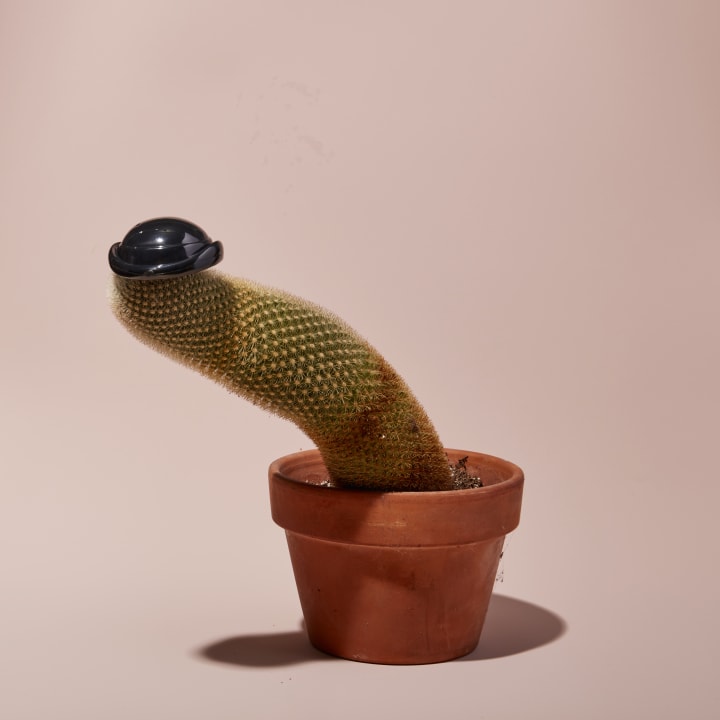
Don't buy into the stereotype that sex ends when you get older. On the contrary, your 30s, 40s and beyond are when you'll likely have some of your most rewarding sexual experiences.
However, the forethought you have to put into sex is going to change. For example, as you age, the probability of erectile dysfunction increases. As your hormones change, you may also suddenly experience premature ejaculation, even if that's never been an issue in your life before.
Thankfully, there are new companies who have made it possible to get help for these problems easily and discreetly.
Hims offers online medical consultations, making it easier than ever to get diagnosed from the comfort of your own home. If the licensed physician decides a prescription is the best way to treat your issues, hims will ship your meds right to your door — and they don't even charge for delivery.
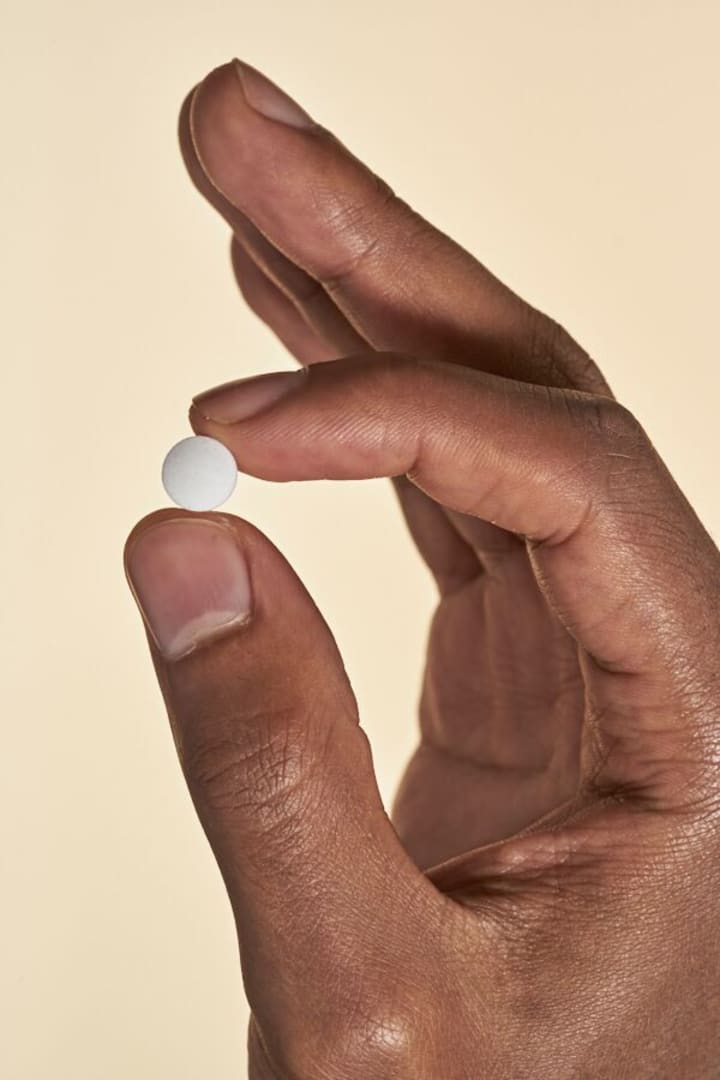
Click here to start your free online consultation now!
3. Avoid stress at all costs

Sounds easy, right? We know, we know: Stress is an unavoidable aspect of modern life. But, now that you're getting a little older, you have to be aware of the compounding effects stress can have on your physical well-being.
Some better-known effects of a high-stress lifestyle are blood pressure and heart issues, but stress can also affect your skin, sleep cycle and, of course, things like job performance.
Stress comes in all different shapes and sizes. Technically there are three accepted forms of it, according to the American Psychological Association: acute stress, episodic acute stress and chronic stress.
Realistically, our everyday lives are marred by all different types of stressors and anxiety triggers. These things can present themselves as anything from having an off day at work, to meeting the demands of your study curriculum, to maintaining a healthy relationship with your significant other, dealing with family crises or any other variety of regular and not-so-regular life events that leave us feeling drained and/or on edge.
There are a variety of ways to handle stress that include everything from pharmaceutical medications to treat diagnosable anxiety disorders, to mindfulness meditation, yoga, regular exercise, therapy and everything in between.
Stress also presents itself in the form of momentary episodes of things like performance anxiety, too. But even those one-off occasions are treatable, if you know what to look for — most notably, beta blockers like Propranolol.
4. Prepare for your hormones to change

We men should consider ourselves lucky that we don't go through menopause. However, that doesn't mean we don't undergo some changes in our hormone levels later in life.
After 30, your testosterone levels gradually begin to decrease, leading to several physical ramifications.
You can expect these hormonal shifts to cause physical changes — such as with your complexion (including adult onset acne) and your body fat levels — as well as physiological issues — including trouble sleeping, erectile dysfunction and depression.
Leading a healthy lifestyle can help delay these issues, but they are an inevitability for many men. Luckily, whether it’s vitamins to help you sleep or to help protect your heart, there are several treatment options for all of these issues.
5. Take some vitamins
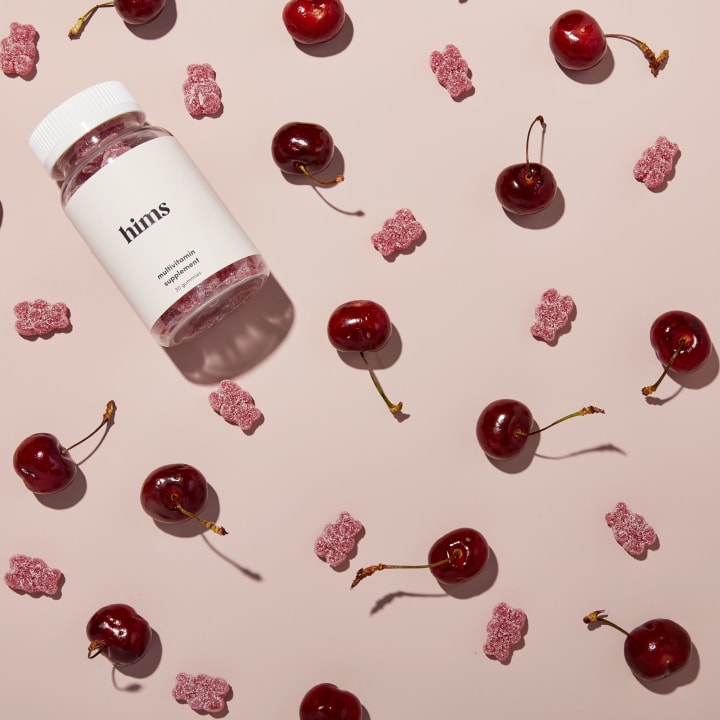
My wife loves to rib me about the pills I take, but the fact of the matter is that men over 25 need to start might want to consider adding vitamins and other supplements to their diet. A supplemental multivitamin can provide some nutritional insurance, but there are tons of tailored options for heart or immune system health too, so I highly recommend meeting with your primary care physician to pinpoint your specific needs. At the bare minimum, pick out a daily multivitamin to cover most of the basics.
6. Stop smoking and curb the drinking
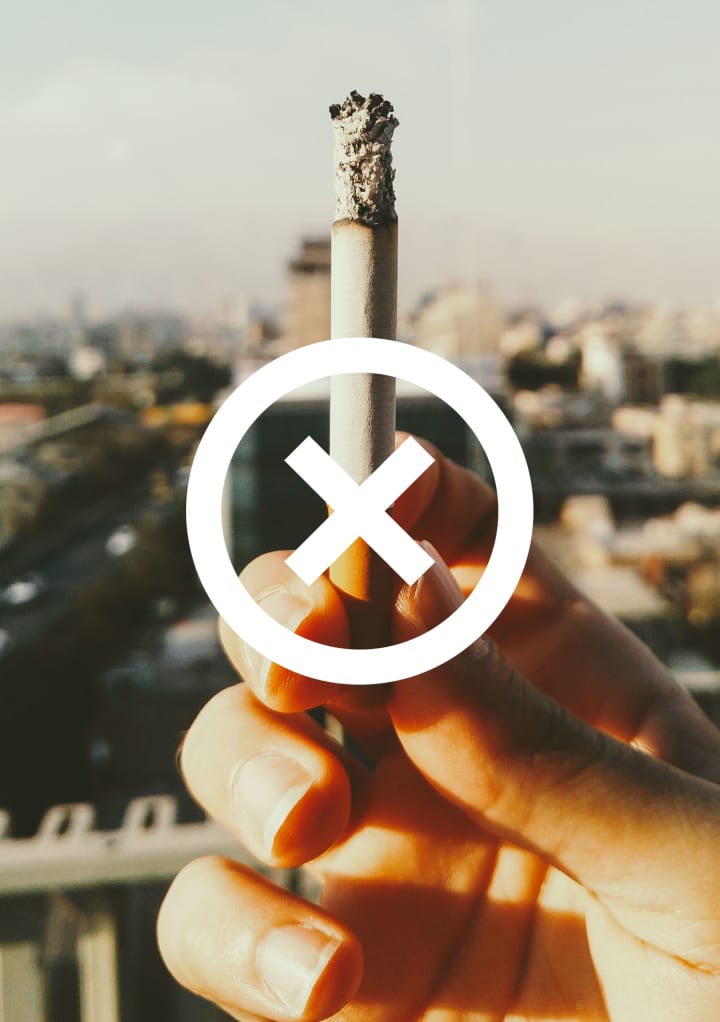
Look, it's time to get real. I don't need to list the multitude of reasons why smoking is terrible for your health. You already know it's bad for you. So, why are you still smoking?
You probably didn't notice the difference a few cigarettes made when you were in college, but don't get complacent. If you don't kick the habit now, those years of smoking could catch up to you quickly.
All of this goes for drinking as well, so cut it down or cut it out, and you'll likely stay feeling younger for a lot longer.
7. Time to check that prostate

Many doctors don't recommend checking your prostate until your 40s or 50s, but it is a big enough deal — and can come as a bit of a shock. I am warning you now so you can prepare yourself.
After all, the percentage of younger men developing prostate cancer has been steadily increasing over the past couple decades.
If you just turned 25, you probably don't have to worry about it quite yet, but you should talk to your doctor about a screening sooner rather than later. It may just save your life.
Oh, and if you don't know what a prostate exam entails, I will let John Mulaney explain it to you. It might soften the blow.
8. Welcome to other new health screenings, too
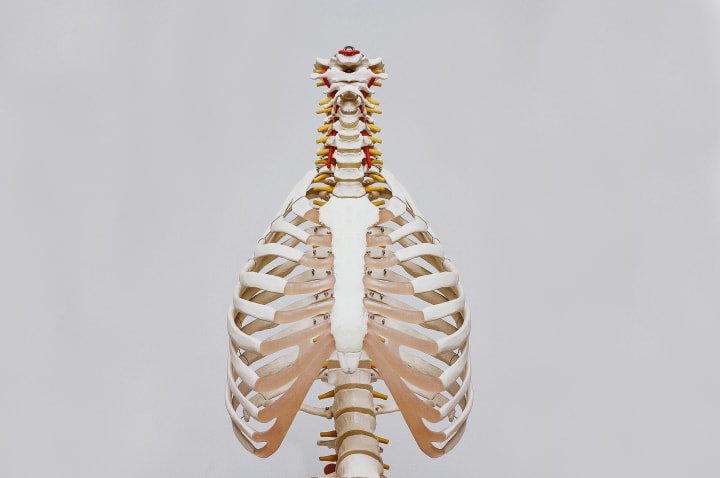
While monitoring your prostate health will continue being a major concern as you age, it is far from the only thing you need to check on a regular basis.
You should be getting your blood pressure checked every year at least, and complete physicals every two years. Every three years, you should be checking your cholesterol levels, as well as getting cancer screenings for at-risk areas like your thyroid and lymph nodes. Annual skin checks will also become more important as you reach your upper 30s and beyond.
Last but not least, you need to learn how to give yourself a testicular self-exam (no, not that kind) on at least a monthly basis.
9. Prepare for the potential of losing some hair
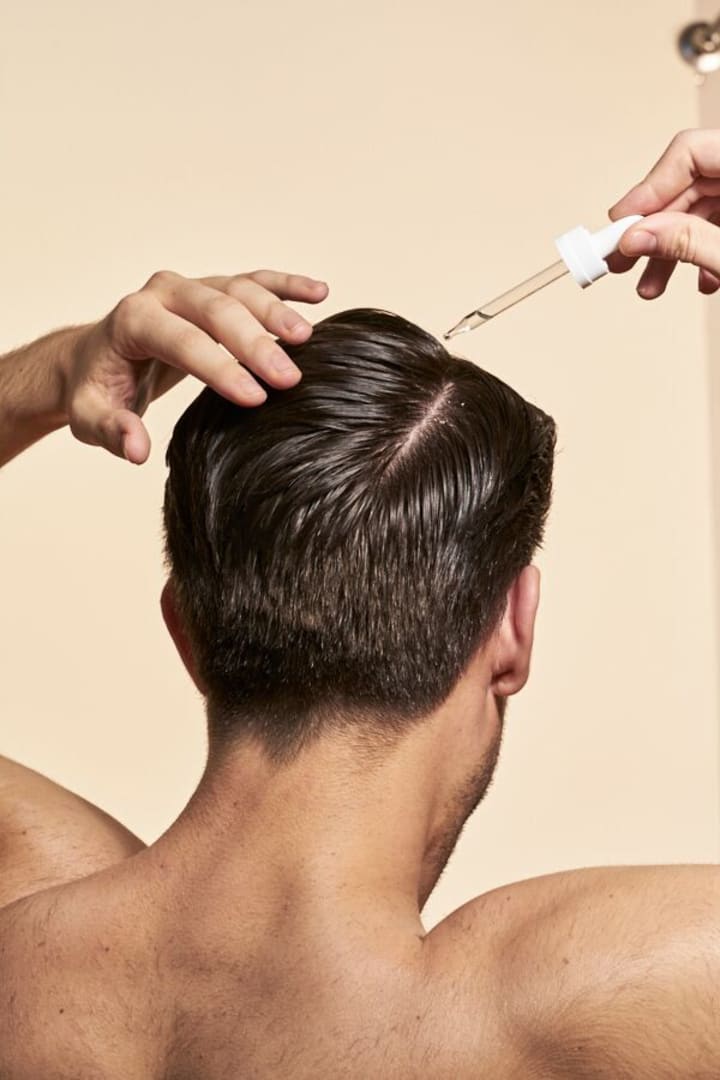
Hair loss affects almost all men at some point in their life, and it is certainly not a problem exclusive to the middle-aged. Some men experience hair loss as soon as their early 20s, and the risk only goes up from there. Plenty of guys can rock the bald look, but if you value your hair, it is never too early to start taking preventative measures.
Hair loss treatments like finasteride can help fight male pattern baldness. And if you’re looking for something to help supplement that, or just want to be doing every possible thing you can to potentially help your hair, skin and nail health, you can also look into biotin supplements.
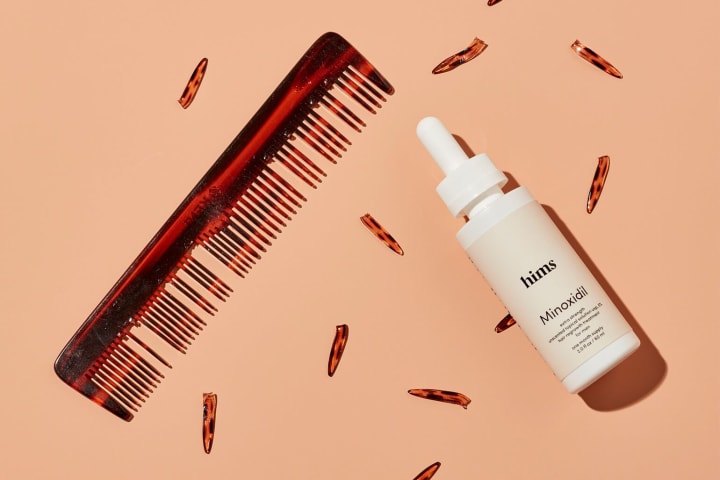
Try the Hair Loss Kit here—no prescription required!
10. Be social

By the time you're in your late 20s, there's a good chance you're settling into a long-term job. If you're not careful, it's easy to fall into a repetitive cycle of sleeping, eating, working and... not much else.
This sort of life is a recipe for disaster. One of the best ways to remedy this is maintaining a healthy social life.
Like many items on this list, I know this is easier said than done. For most of us, college is the best time to make lasting friendships. But, what if you move and end up living hours away from your college buddies?
Look, I know that making new friends can seem next to impossible, but don't be discouraged.
There are so many resources out there to help you, from old-fashioned methods like bar trivia or yoga in the park, to high-tech options like meet-up apps.
Having at least a somewhat active social life is key to maintaining a healthy mind as you age, so you owe it to yourself to try.
11. You’ll actually have to start thinking about your skin
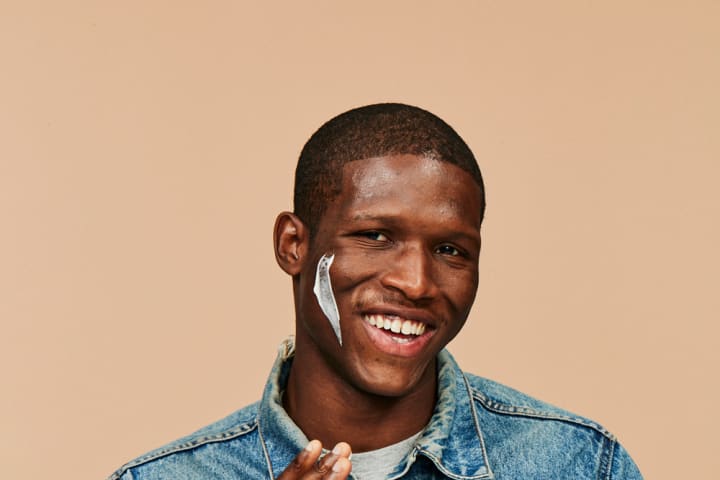
The older you get, the more at risk you are for developing dark circles and other blemishes if you don't find ways to curb your stress.
Besides managing your stress itself, there are some methods of treating your skin directly. Notably, the hims brand offers a variety of skin creams and moisturizers, including a prescription anti-aging kit.
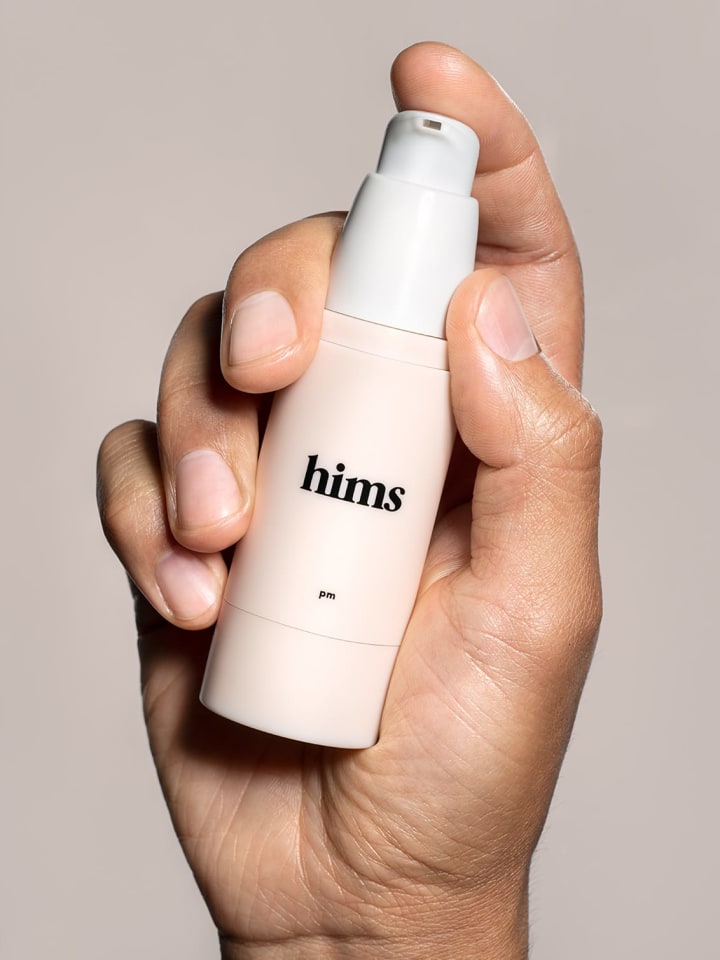
Click here to learn more about The Anti-Aging Kit!
12. Take notes from your grandma: Fiber is important
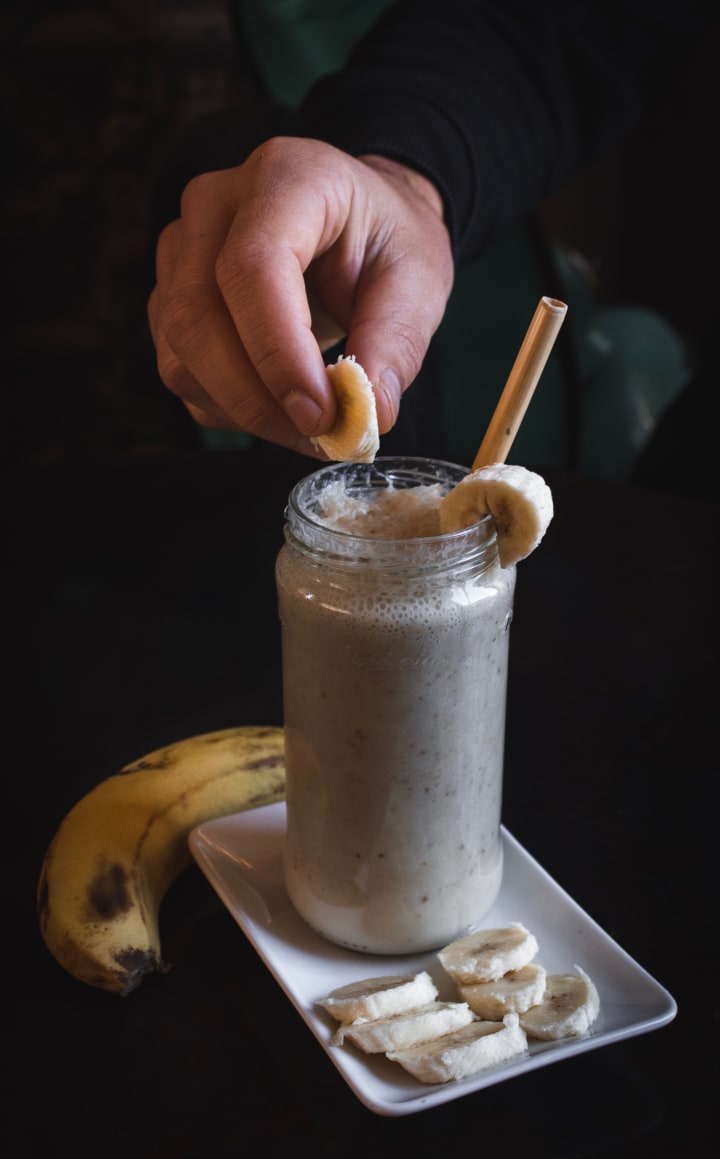
I know I've already covered vitamins and supplements, but fiber is in a category all its own.
Taking fiber will improve the quality of your stool to greatly enhance your bathroom experience. I know that sounds hokey, but once I started making sure I was getting enough fiber, I've never looked back.
In addition to helping you out in the bathroom, fiber is also effective at lowering your cholesterol levels. I firmly believe that monitoring your fiber intake can improve your quality of life across the board.
13. Don't get complacent

This world is filled with easy distractions. I am not a "phones are bad" kind of person, but maybe you don't need to spend two hours a day on Instagram. I love social media, and I love streaming movies and shows, but I also know that those activities aren't doing me any favors in strengthening my mind.
You don't have to give up these vices by any means, but to keep your mind sharp as you age, you should consider some new activities.
The trick I've discovered is to create small ways of challenging yourself on a daily basis. I'm not saying you have to pick up a new expensive hobby, or even dedicate more than a few minutes per day exercising your mind.
Instead of scrolling through Reddit before bed, read a book. Instead of checking Facebook in the morning, do a crossword puzzle.
Picking up little, daily habits like these can help increase your brain's longevity to ensure a longer, healthier life.
About the Creator
Nick Paroni
Former radio DJ who loves The Ramones, podcasts and his tiny apartment in Brooklyn.
Enjoyed the story? Support the Creator.
Subscribe for free to receive all their stories in your feed.

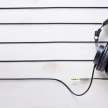




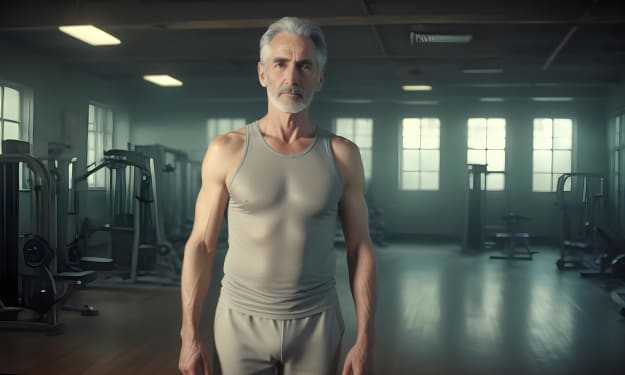

Comments
There are no comments for this story
Be the first to respond and start the conversation.